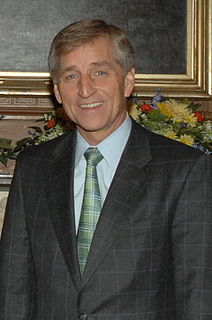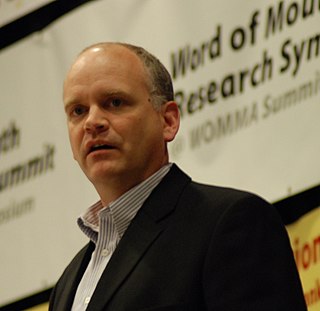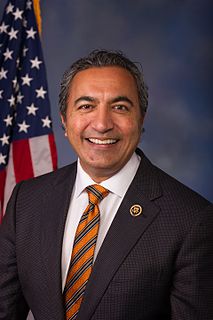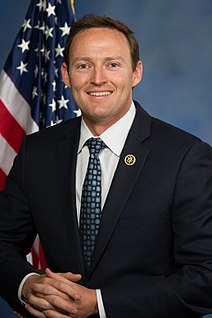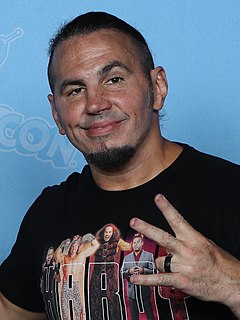A Quote by Kurt Angle
There are many young Americans that are very distant from our political process.
Related Quotes
For me, what is political is very personal. Politics are not this abstract idea. Laws are the rules that dictate how we live our lives. What we eat is political. How we dress is political. Where we live is political. All of these things are influenced by political decision-making, and it's important to be part of the process.
It's really important, obviously, for people to realize that it is a very small percentage, only 1 percent of our total economy, of our total budget, and I think that's important for people to know. But I also know that Americans are very generous and that many, many Americans are proud that their taxpayer dollar has saved lives in Africa through the president's malaria initiative or through PEPFAR, the emergency relief plan for AIDS.
Our nation is built upon a history of immigration, dating back to our first pioneers, the Pilgrims. For more than three centuries, we have welcomed generations of immigrants to our melting pot of hyphenated America: British-Americans; Italian-Americans; Irish-Americans; Jewish-Americans; Mexican-Americans; Chinese-Americans; Indian-Americans.




